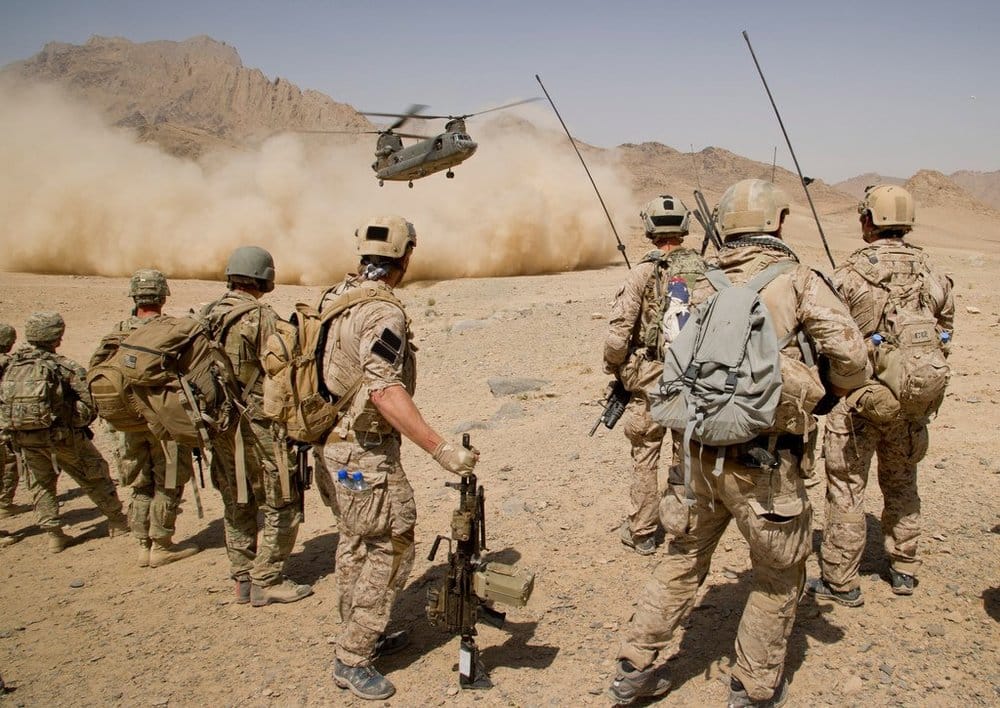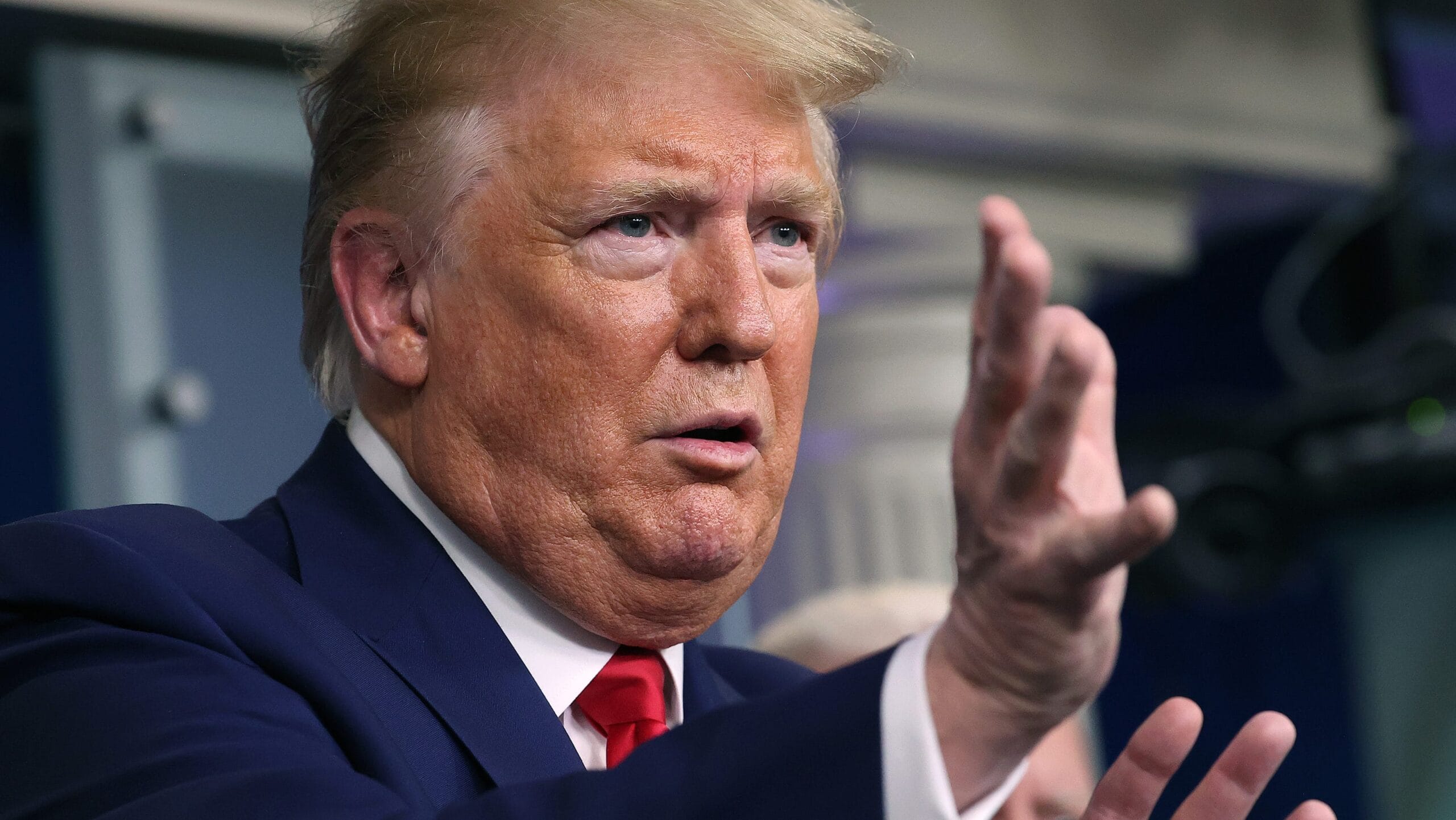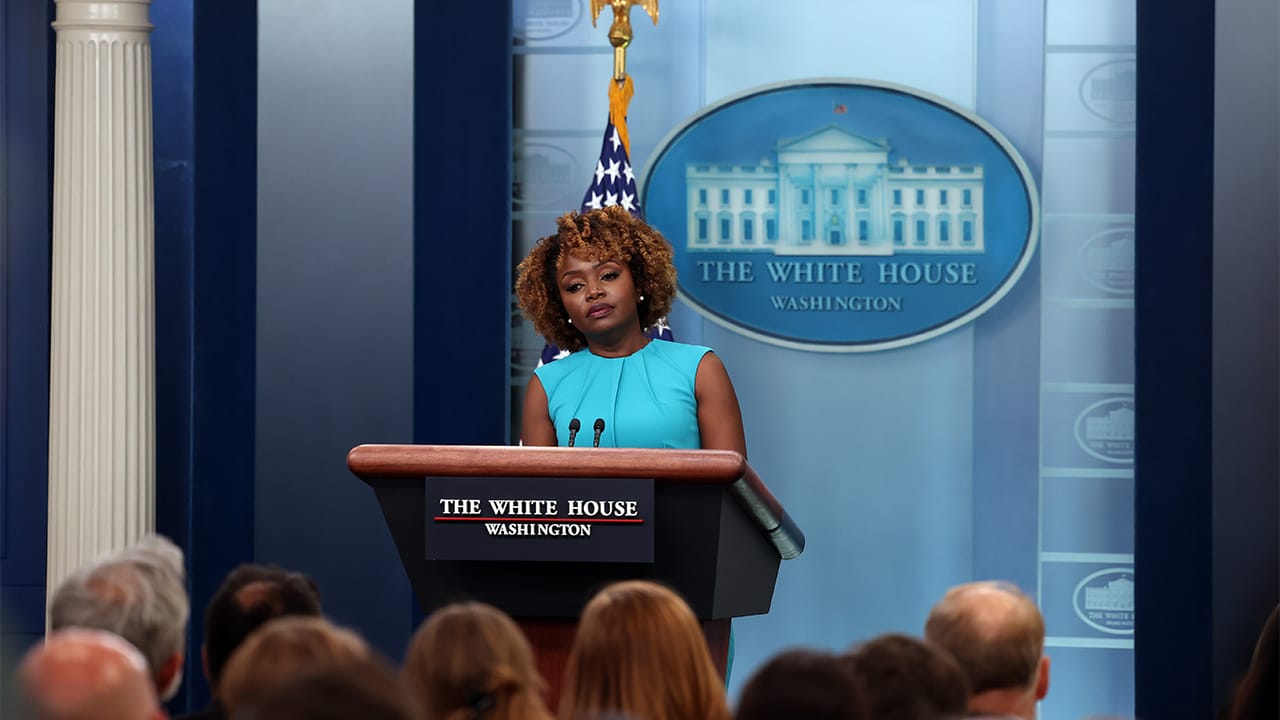The recent escalation of military actions by the United States against the Houthi rebels in Yemen marks a significant shift in the dynamics of the ongoing conflict in the Middle East. As tensions rise, particularly in relation to Israel, the US has deemed it necessary to amplify its strikes against the Houthis, who have been increasingly active in launching attacks that threaten regional security.
The Houthis, a group that emerged from northern Yemen, have been engaged in a protracted civil war against the internationally recognized Yemeni government since 2014. Supported by Iran, the Houthis have gained control over significant portions of Yemen, leading to a humanitarian crisis that has drawn international concern. Their recent actions have included missile and drone strikes targeting not only Saudi Arabia but also other nations in the region, raising alarms among US officials.
In the context of heightened tensions involving Israel, particularly following recent conflicts and escalations with Palestinian groups, the US has found itself reassessing its military posture in the region. The Biden administration’s decision to increase strikes against the Houthis is rooted in a broader strategy to counter Iranian influence and to ensure the safety of US allies, particularly in the Gulf region. The US views the Houthis as a proxy for Iran, and their actions are seen as part of a larger pattern of aggression that threatens the stability of the Middle East.
Reports indicate that the US has conducted a series of airstrikes targeting Houthi positions, aiming to disrupt their operational capabilities and deter further attacks. The military operations have been characterized by precision strikes intended to minimize collateral damage while effectively targeting key Houthi assets. This approach reflects the US commitment to maintaining regional security and supporting its allies, particularly Saudi Arabia, which has been a primary target of Houthi aggression.
The escalation of military engagement comes at a time when the humanitarian situation in Yemen remains dire. The ongoing conflict has resulted in widespread suffering, with millions of Yemenis facing food insecurity and lack of access to essential services. While the US military operations are aimed at countering threats, they also raise questions about the implications for the civilian population and the potential for further exacerbating the humanitarian crisis.
International responses to the US military actions have varied. Some nations have expressed support for the US efforts to stabilize the region, while others have raised concerns about the potential for escalation and the impact on civilian populations in Yemen. Human rights organizations have called for restraint and emphasized the need for a political solution to the conflict rather than a purely military approach.
As the situation develops, the US administration faces the challenge of balancing military action with diplomatic efforts. The Biden administration has reiterated its commitment to a diplomatic resolution to the Yemeni conflict, advocating for negotiations that involve all parties, including the Houthis. However, the increasing military engagement complicates these diplomatic efforts, as it may be perceived by the Houthis and their supporters as a signal of US hostility.
In addition to the immediate military objectives, the US is also focused on broader strategic goals in the region. The ongoing tensions with Iran, particularly regarding its nuclear program and its support for proxy groups across the Middle East, remain a central concern for US policymakers. The actions against the Houthis are part of a larger strategy to counteract Iranian influence and to reassure US allies of America’s commitment to their security.
As the US amplifies its strikes against the Houthis, the international community watches closely. The potential for a wider conflict involving multiple regional players is a significant concern, particularly given the interconnected nature of conflicts in the Middle East. The situation remains fluid, and the implications of US military actions will continue to unfold in the coming weeks and months.
Ultimately, the US’s decision to increase military engagement against the Houthis reflects a complex interplay of regional dynamics, security concerns, and humanitarian considerations. The outcome of these actions will have lasting implications for Yemen, the broader Middle East, and the future of US foreign policy in the region.



